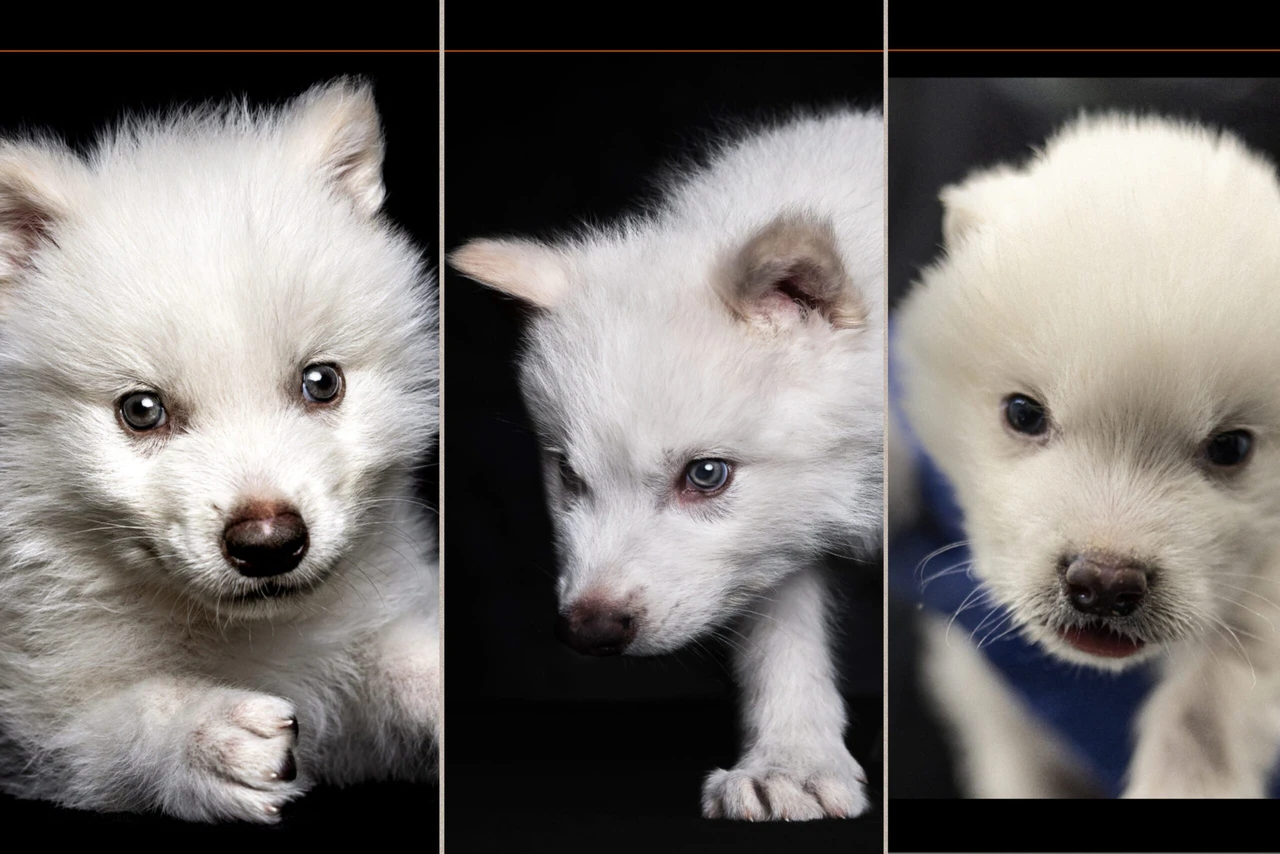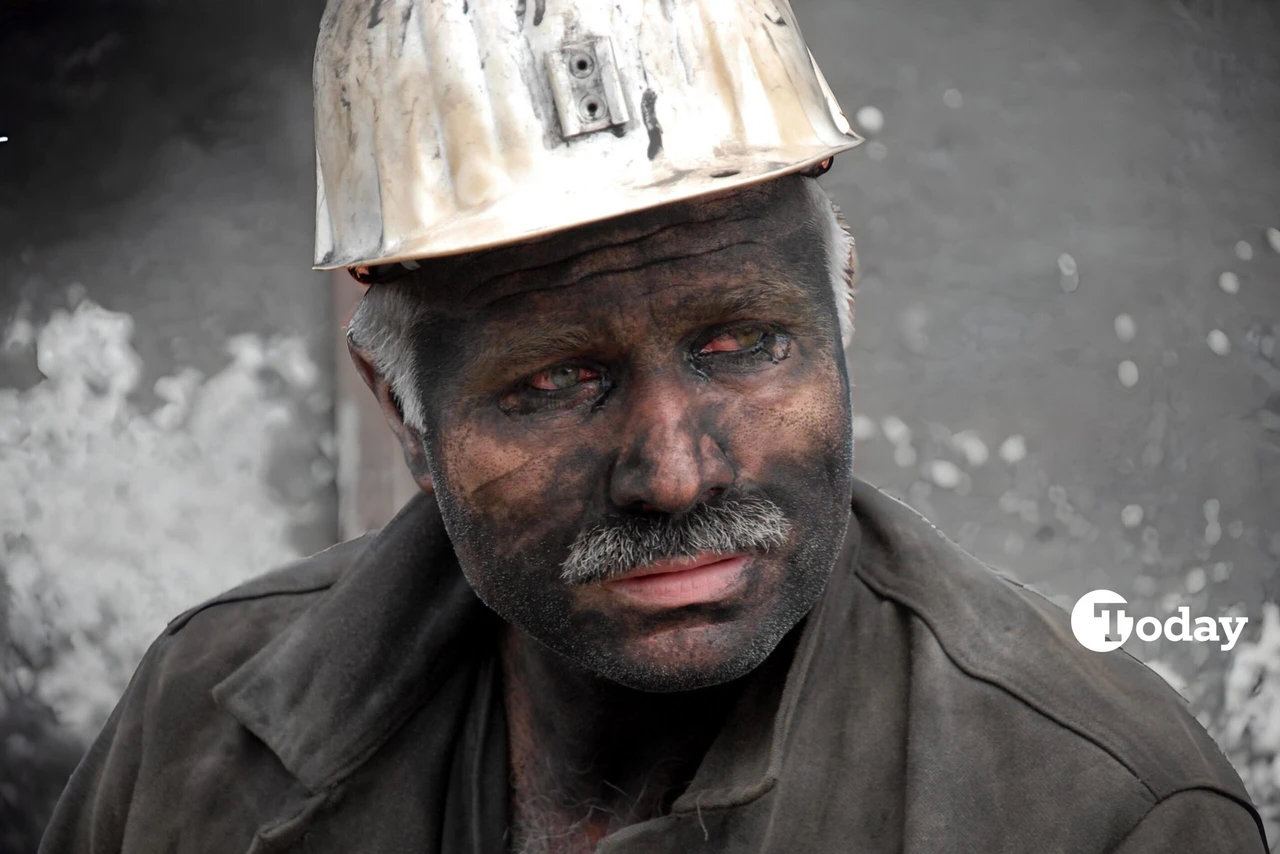Türkiye’s cosmetics market: Balancing act between growth and counterfeit threat
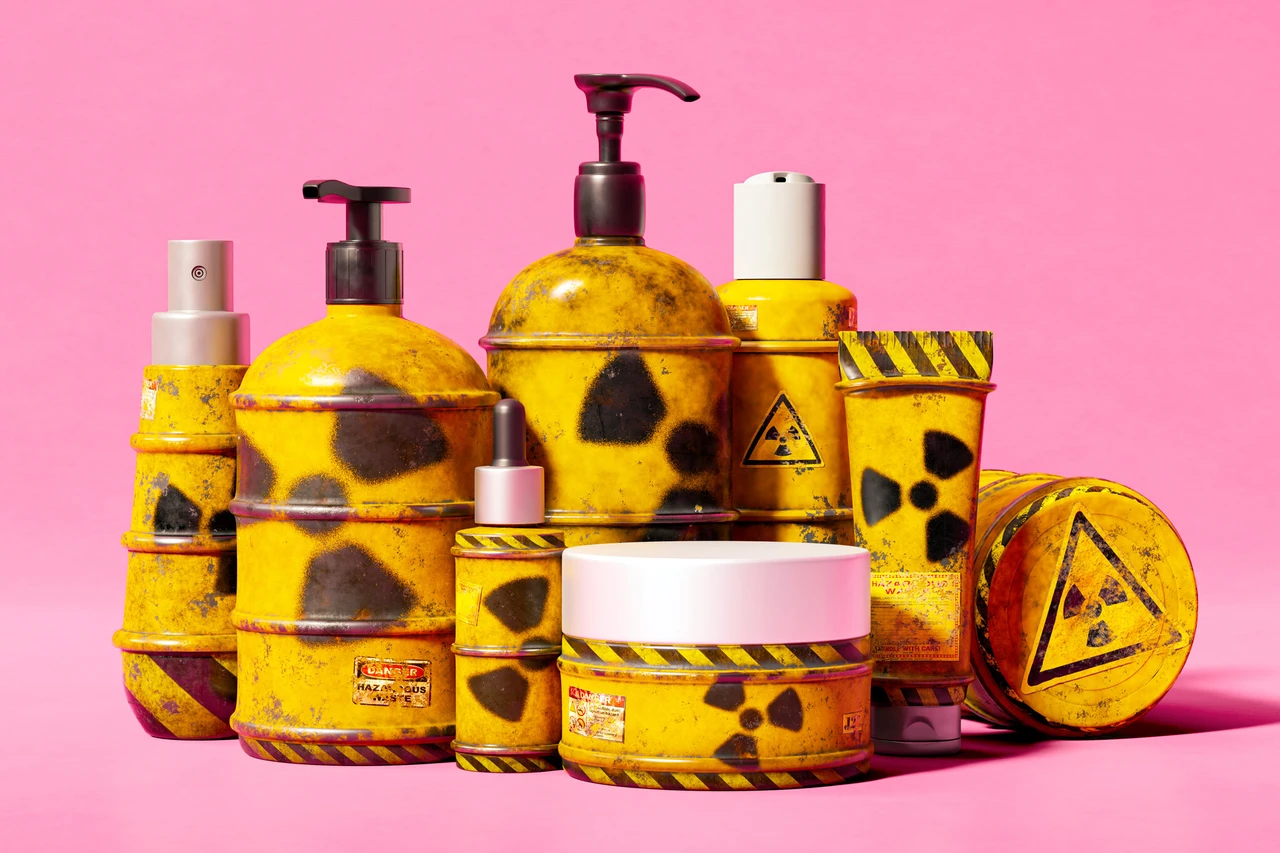 Issue of counterfeit and substandard products continues to plague the industry. (via NY Times)
Issue of counterfeit and substandard products continues to plague the industry. (via NY Times)
The Turkish cosmetics sector is growing rapidly, mirroring global trends. According to industry reports, the market in Türkiye has been expanding at an average rate of 10% annually, with hair care products holding the largest share. However, alongside this legitimate growth, the issue of counterfeit and substandard products continues to plague the industry.
Data reveals that 40% of cosmetic products in Türkiye are counterfeit, while unregulated, substandard production accounts for 46%. This creates both health risks for consumers and significant revenue losses for the government. Authorities have stepped up inspections, but the problem remains widespread.
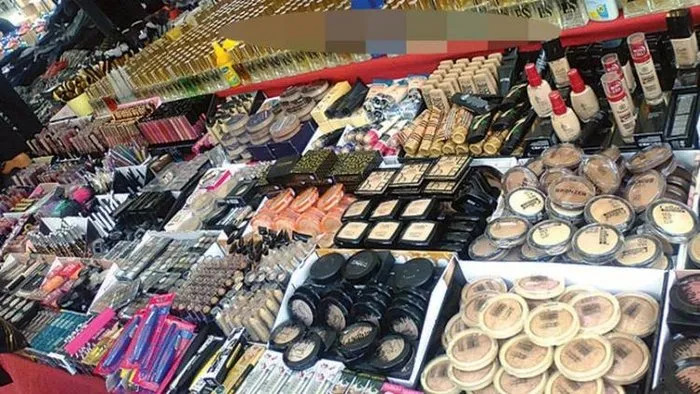
Growing threat of counterfeit cosmetics in Türkiye
Counterfeit cosmetics are a major issue in Türkiye, making up a substantial portion of the market. This is not just an economic concern but a serious public health risk, as fake products often contain harmful chemicals.
- Market size: The counterfeit cosmetics industry in Türkiye is estimated to be worth around ₺50 billion ($1.47 billion), with 20,000 unlicensed production facilities operating across the country.
- Health risks: Counterfeit products are often produced in unsanitary conditions, lacking proper sterilization. Dangerous substances like lead, mercury, and cyanide have been detected in these products, posing severe health risks.
- Impact on consumers: The most common issues reported include skin rashes, allergic reactions, and in severe cases, hair loss and permanent skin damage. Long-term exposure to these products can result in organ failure or even cancer.
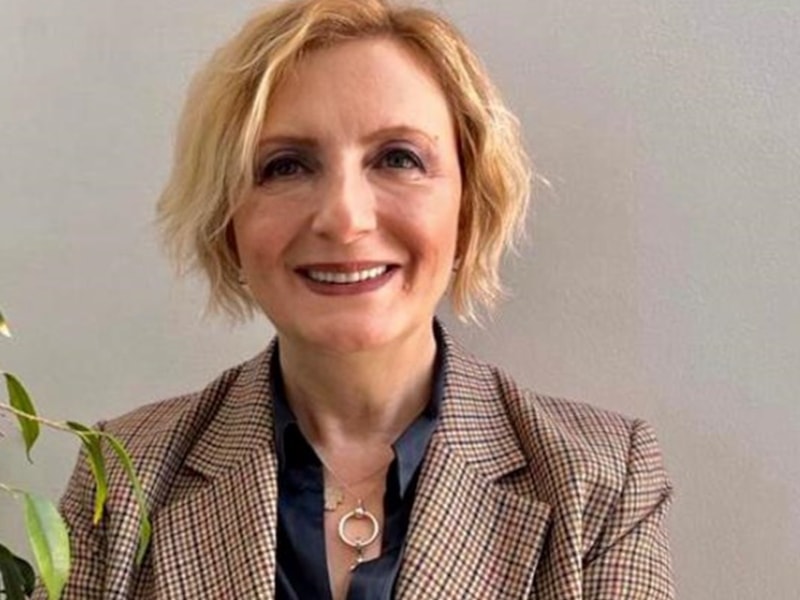
Insights from industry experts: Fight against counterfeiting
Belgum Sile, vice president of the Cosmetics Manufacturers and Researchers Association (KUAD), has been at the forefront of efforts to combat the rising trend of counterfeit products. She highlighted that 40% of cosmetics in Türkiye are counterfeit, while 46% are produced in unregulated, substandard facilities. Another 16% are herbal mixtures from unlicensed sources.
Sile has stressed the importance of product tracking systems to prevent the sale of fake products, alongside awareness campaigns and industry-wide education initiatives. The association has been working closely with regulatory authorities to ensure regular inspections and strict enforcement of standards.
Additionally, Sile points out that hair care products, particularly shampoos, hold the largest share of the market, making up 59% of the sector. This is followed by a growing interest in skincare products, particularly among young consumers, who are increasingly prioritizing healthy skin routines.
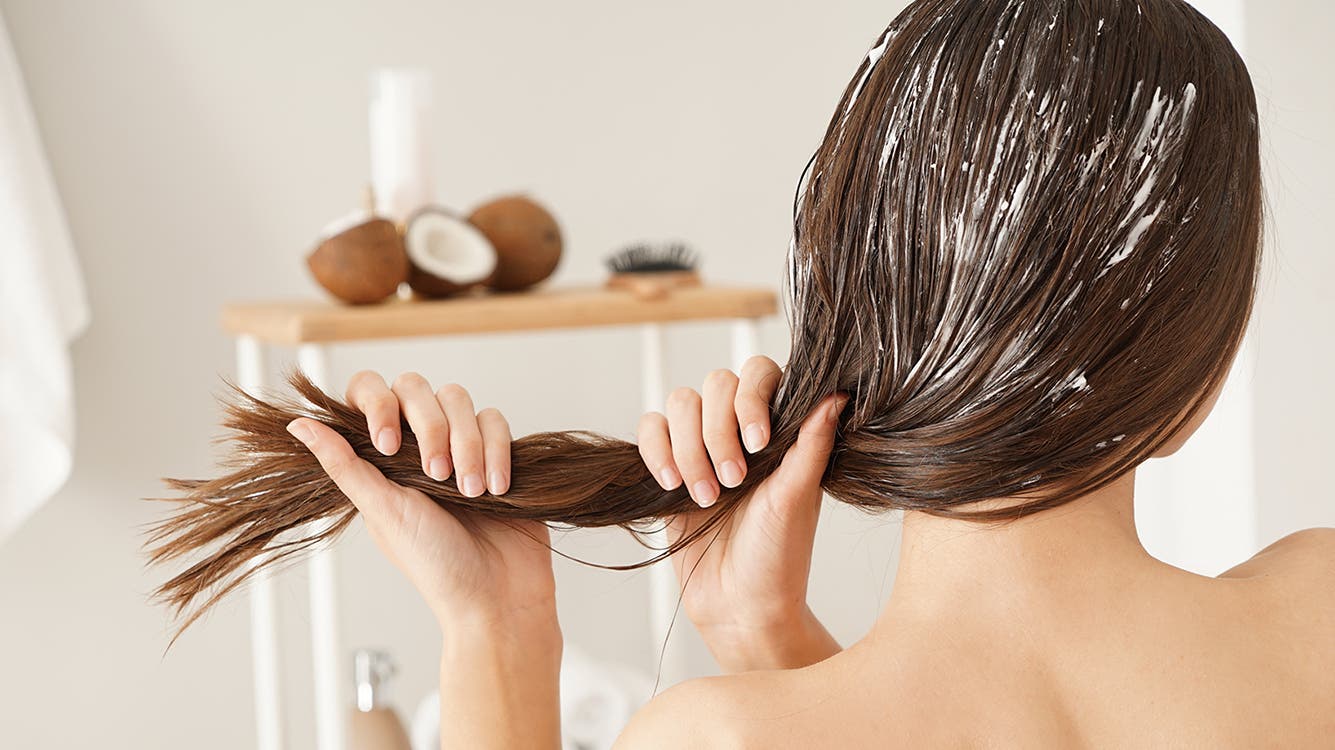
Hair care dominates Turkish cosmetics market
Hair care products are a significant driver of growth in the cosmetics industry. According to Sile, 59% of all hair care products in Türkiye are shampoos, reflecting a strong consumer demand for these items. Turkish consumers are increasingly aware of the importance of scalp health, which has contributed to this trend.
Additionally, only 10% of the products sold in the Turkish market are produced domestically, with the rest being imported, aligning with global consumption patterns. As a result, international brands maintain a strong presence in the Turkish market.
Rising demand for skincare products
Skincare is emerging as another important segment in Türkiye’s cosmetics market. According to Sile, there is a noticeable rise in interest among young consumers, particularly in maintaining early skincare routines. This shift is driven by greater awareness of long-term skin health and a desire for preventive care measures. Brands are capitalizing on this trend by offering a wide range of products catering to the specific needs of younger demographics.
The future of the Turkish cosmetics sector is promising, but the challenges posed by counterfeit products must be addressed urgently to ensure sustained healthy growth.
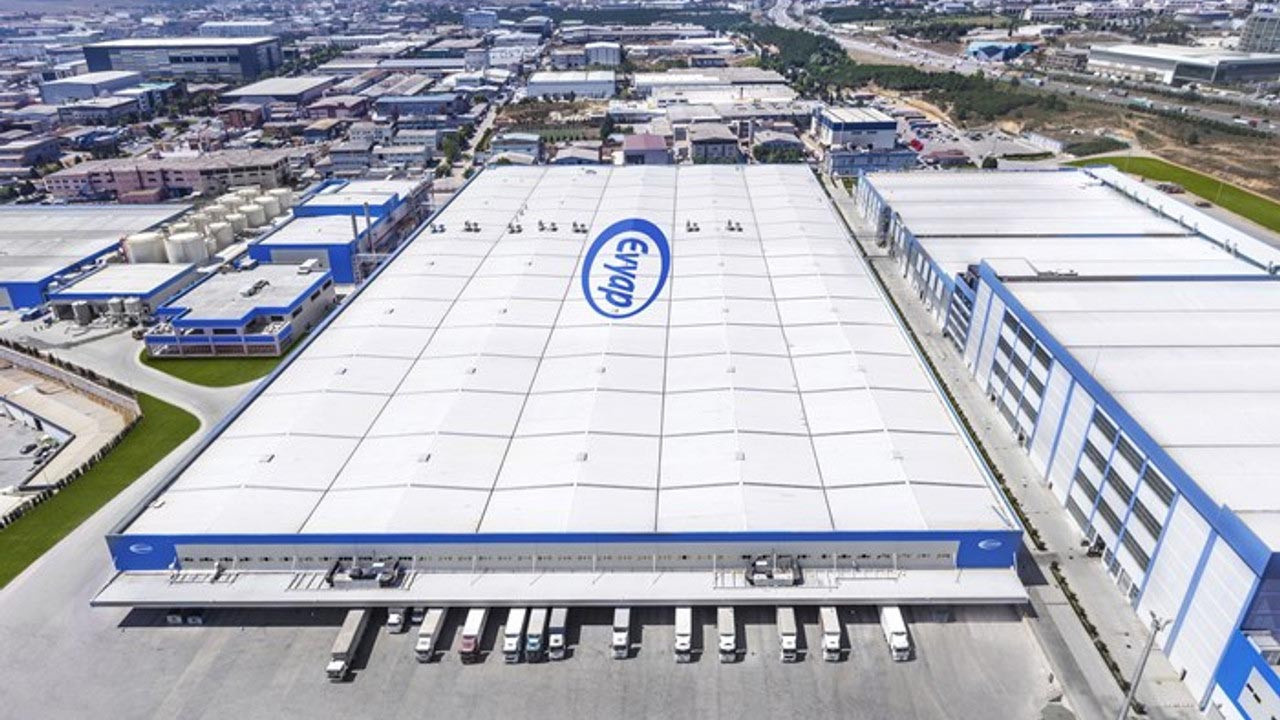
Legal cosmetic companies
Evyap and Hayat Holding, both prominent companies in the cosmetics and personal care sectors, are featured among Türkiye’s top 100 industrial enterprises. Evyap is widely known for its production of soap, deodorants and shaving products, while Hayat Holding specializes in hygiene products such as detergents, sanitary pads and wet wipes. Both companies have made a significant impact not only in the Turkish market but also internationally.
In 2023, Evyap ranked 55th, while Hayat Holding secured the 41st spot. Their presence in this prestigious list highlights the economic strength and production capacity of the cosmetics industry in Türkiye.
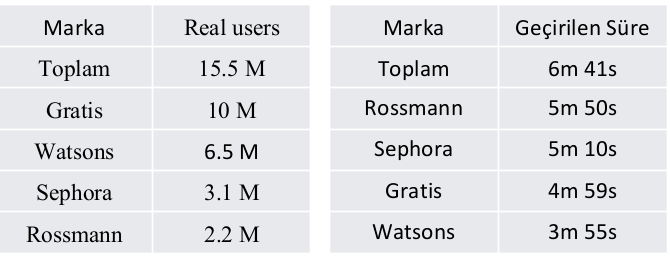
Social media presence of major cosmetics companies in Türkiye
The digital landscape plays a pivotal role in the marketing strategies of cosmetics brands. Here are some key performance metrics of prominent Turkish cosmetics companies on social media platforms:
- Gratis: Dominates the market with 10 million unique visitors in the last three months, holding the top spot among cosmetics retailers.
- Watsons: The second most popular with 6.5 million visitors, actively engaging consumers with promotions and product campaigns.
- Sephora: Recorded 3.1 million visitors, focusing on luxury beauty products.
- Rossmann: With 2.2 million visitors, it attracts users seeking European beauty products.
On average, users spend 6 minutes and 41 seconds on these platforms, with Rossmann leading in engagement time, averaging 5 minutes and 50 seconds per session.


